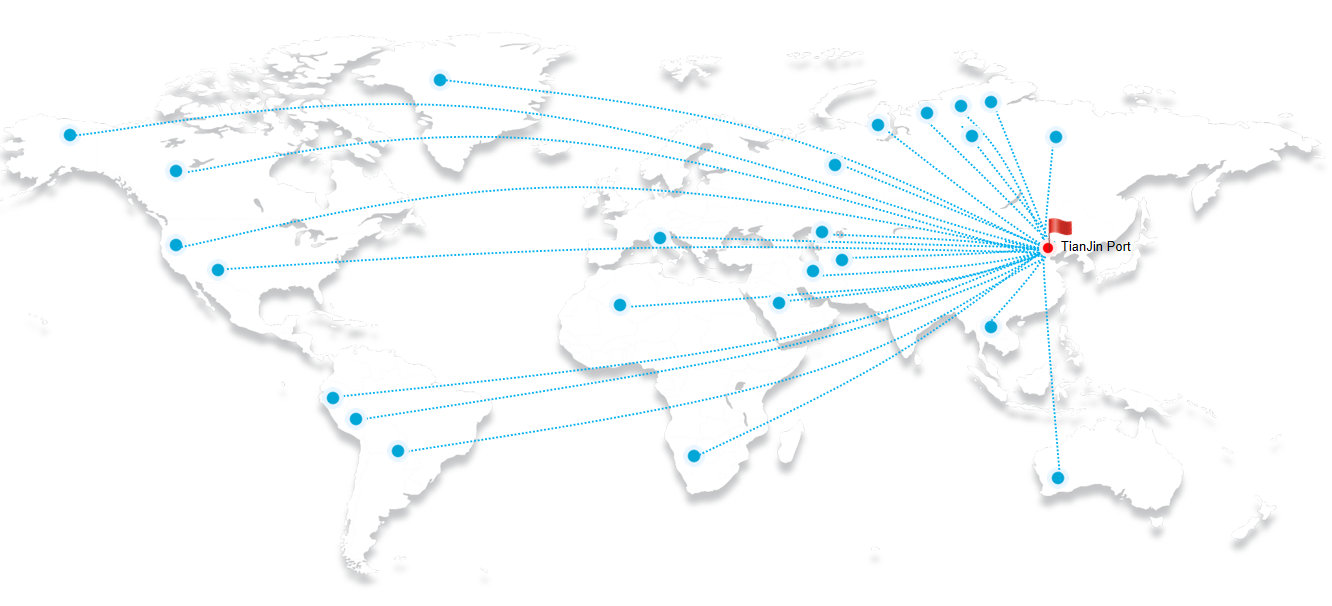frp weir
...
2025-08-14 04:54
2637
...
2025-08-14 04:15
1801
...
2025-08-14 04:05
2809
...
2025-08-14 04:15
1801
...
2025-08-14 04:05
2809
...
2025-08-14 03:42
1142
...
2025-08-14 03:36
901
...
2025-08-14 03:33
2781
...
2025-08-14 03:17
1329
...
2025-08-14 03:14
1673
...
2025-08-14 03:11
269
...
2025-08-14 02:53
2960
